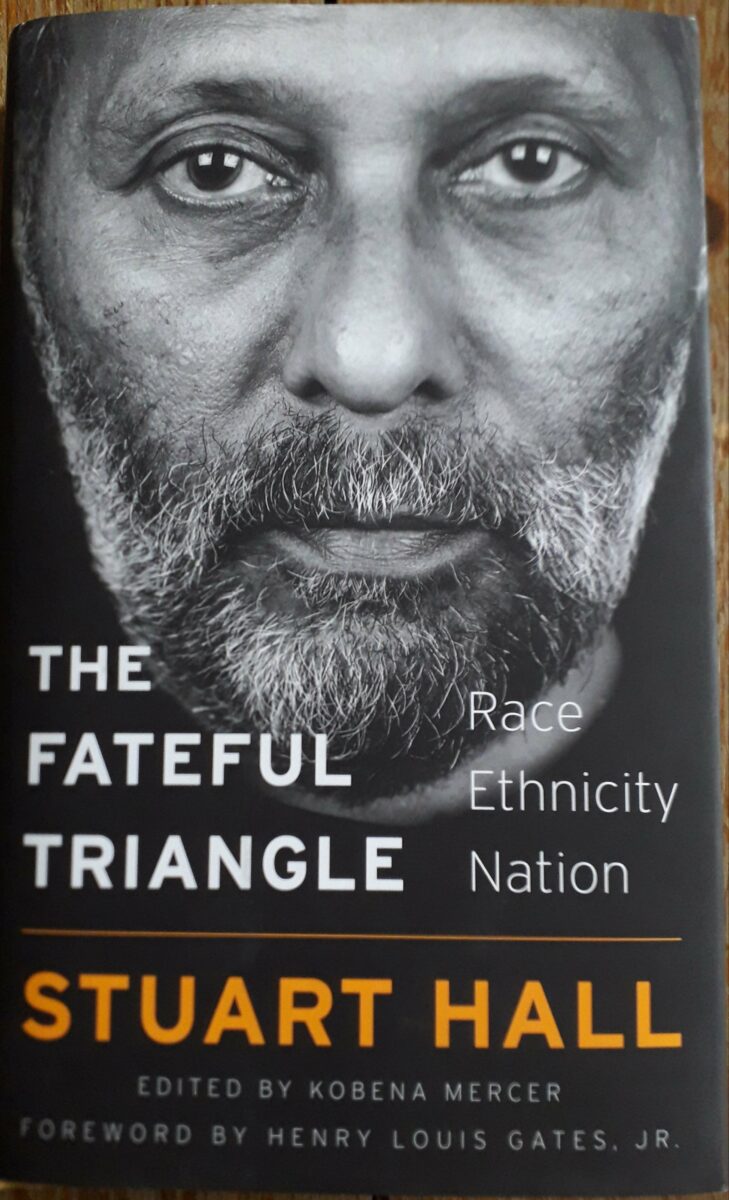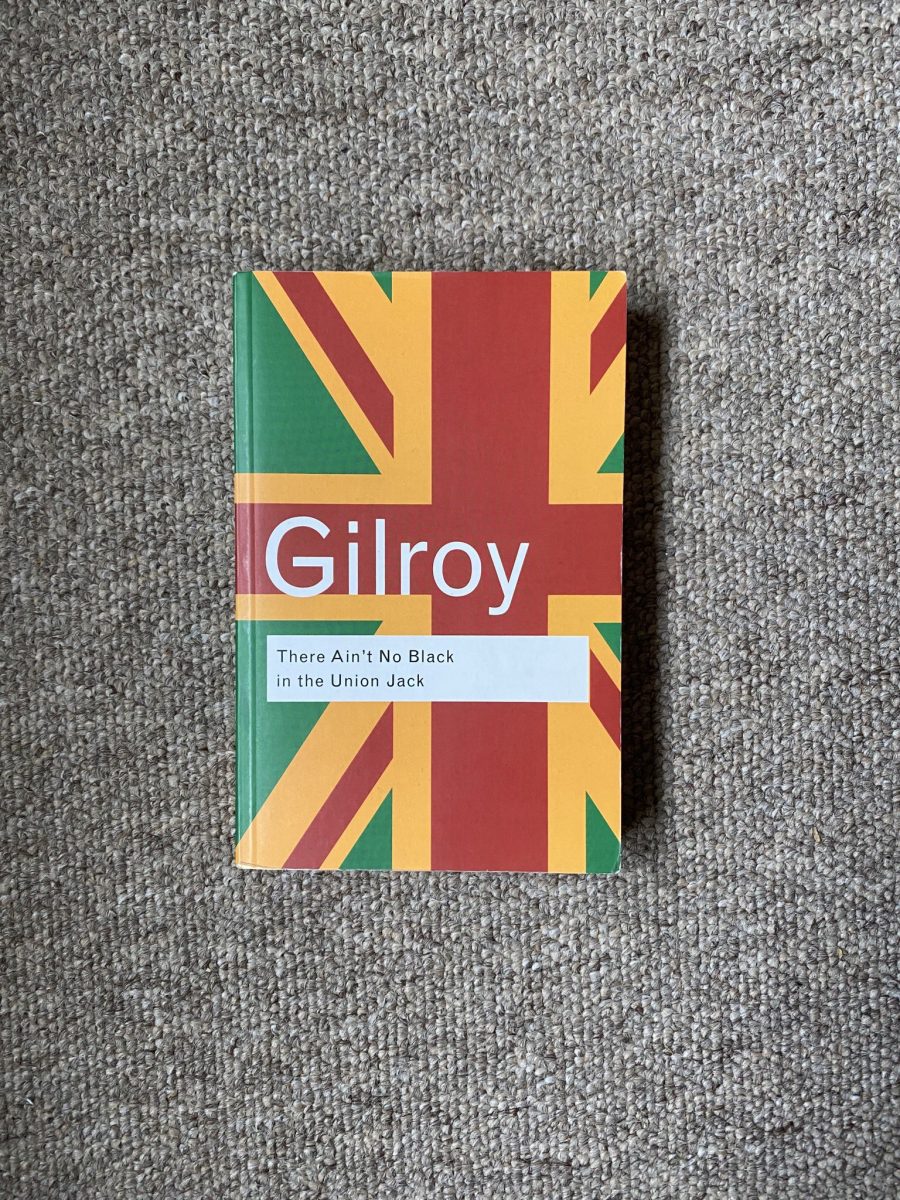Nick Beech
Unsettled Subjects / Confronting Questions is a reading group, based in the School of Architecture and Cities, open to students, scholars, professionals and others beyond Westminster. The group was established in the context of the Black Lives Matter movement and the ongoing challenges we face to recognise the systemic and structural legacies of British imperialism, colonialism and slavery within the built environment; and the marginalisation of dynamic and transformative practices of indigenous and diasporic communities of former colonies and the metropole. The aim of the group is to:
“provide its members with some terms – some languages – to talk about the things we need to talk about, but find ourselves not talking about, because we find it too difficult: identity, race, ethnicity, gender, sex, sexuality, class, power.”
The group convenes online, and has a growing number of readers and followers. In the summer, the group read Stuart Hall, The Fateful Triangle: Race, ethnicity, nation, edited by Kobena Mercer (Cambridge, MA: Harvard University Press, 2017), and this semester Paul Gilroy, There Ain’t No Black in the Union Jack, Routledge Classics (London: Routledge, 2002). Readers are regularly updated with events, publications and resources on the mailing list. If you are interested in joining Unsettled Subjects/Confronting Questions just contact n.beech@westminster.ac.uk for further information.
Unsettled Subjects/Confronting Questions is just one part of a wider programme of activities co-ordinated by Nick Beech, Kate Jordan and Shahed Saleem, in collaboration with Neal Shasore, Secretary of the Society of Architectural Historians Great Britain.
Nick Beech will be on research leave from January to the end of April 2021, to complete writing of his book From Progress to Possibility: The urban imagination of the New Left. Based on extensive research of published and archival materials, the book argues that the ethics and politics of the New Left can be understood through debates on architecture, arts, and the urban environment.











